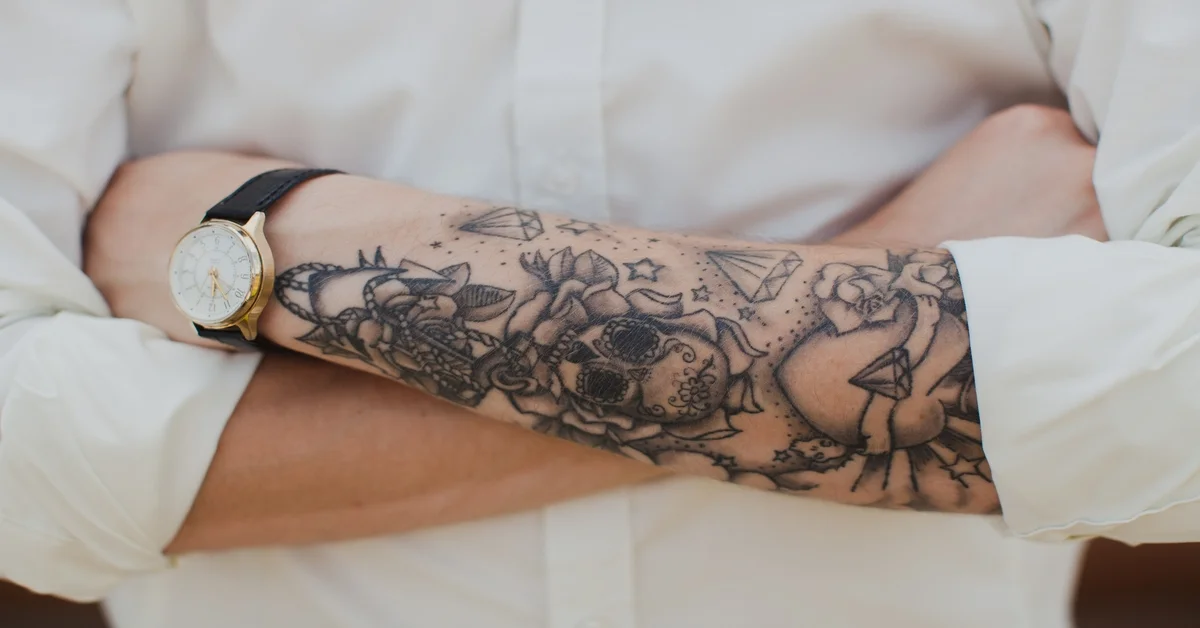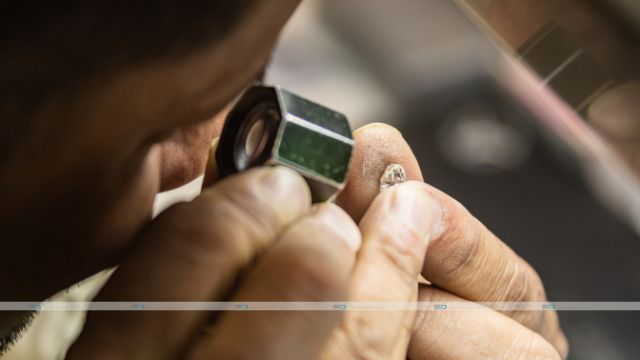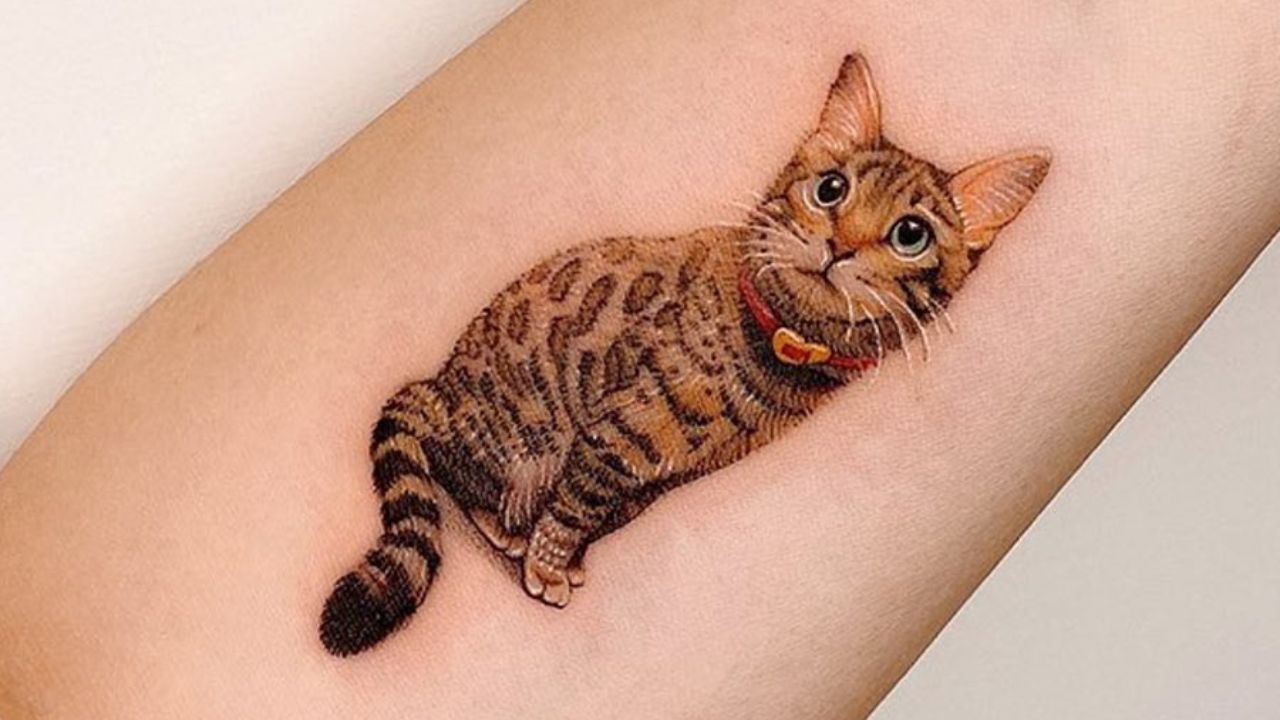Tattoos are growing less questionable in the workplace in many enterprises. You may notice many co-workers, even boss or executive management, sporting noticeable tattoos, even in a conventional office environment. The popularity of tattoos may make you think that tattoos aren’t all that risky to get. But getting a tattoo does carry some risk: inserting an ink-covered needle into your skin can potentially introduce foreign elements or infections into the body.
Getting a tattoo from an expert or a shop that doesn’t properly wash their tools — or give you instructions for keeping your new tattoo clean — can direct to skin infections, conditions, or other health dilemmas.
Possible Side Effects And Complexities Of Tattoos
The first few days after you receive your tattoo, your skin may be red, itching, and sore. You may see excess ink, with blood and fluid dripping from your skin. It is normal. If you start experiencing signs of any of the subsequent complications, consult your doctor:
Infection
A tattoo that isn’t correctly cared for can become infected. The infected surface will be red, heated, and painful. It may also ooze pus. If the tools or ink your artist used were contaminated, you could get a bloodborne infection, like tetanus, hepatitis B, hepatitis C, or HIV. There has also been news of other infections, such as nontuberculous mycobacterial skin contagions, transmitted in tattoos.
Allergic Reaction
If you’re susceptible to the ink, the professional user, you may acquire a red, itchy skin reaction at the section. Red dyes are the most prone to cause an allergic reaction.
Red dyes and blue and black pigments are also more prone to cause non-allergic infections and skin reactions like photo-sensitivity.
Scarring
Damage from the pin or from plucking at the tattoo can induce your body to generate scar tissue. Scars can be perpetual.
Long-Term Tattoo Aftercare Suggestions
Once your tattoo has healed, you move into maintenance mode. Though you don’t have to care for it after 3 or 4 months exactly, there is something you can do to check the ink from degrading.
Tips For Long-Term Tattoo Aftercare
- Please keep it clean. Clean your skin daily with a gentle, fragrance-free soap.
- Stay hydrated. Take plenty of water to maintain your skin moisturized.
- Mind what you wear. Use SPF clothing so the sun won’t fade your tattoo. Avoid scratchy cloths, such as wool, which can damage the art.
- Avoid excess weight gain or loss. Weight changes could spread out or deceive the tattoo.




